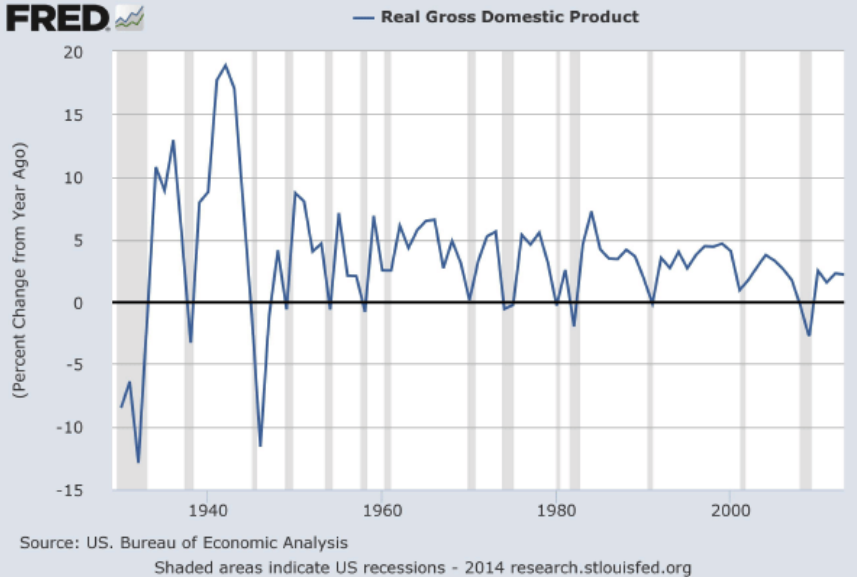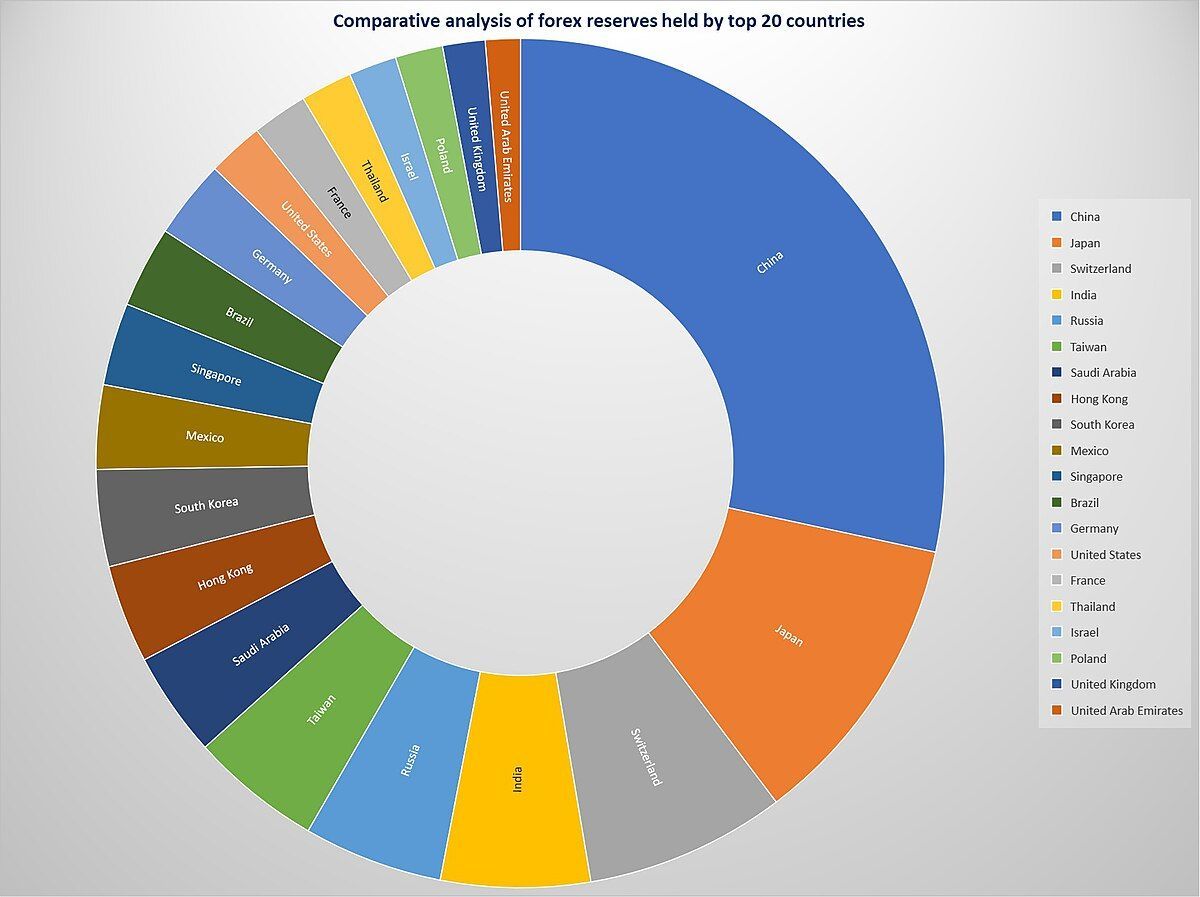Colin Read • June 11, 2023
The Monetization of Information - June 11, 2023

Some of you expressed an interest in learning more about Artificial Intelligence. Our past blogs described the potential for AI to augment and replace many segments in our economy. Let’s next describe in more detail how it works so we can also better understand how it may affect our democracies.
Replacement of democracy with a monetized meritocracy will be fantastic for some but dystopian for others. Information (data) is power. Unlike the original goals of the Internet and social media, which harbored hopes to democratize information, AI is monetized by concentrating information. In some countries, that information is collected and controlled by government. In our country, industry (let’s call it the Meta, Microsoft, Amazon, Google, IBM, ChatGPT- it’s MAGIC) hopes to use AI to aggregate and monetize information.
AI does not create new ideas, though. Rather, it uses mammoth amounts of computing power to synthesize, apply, and extend what is already known.
Recall the exercise some of you may remember before the modern era now that young people know how to type when they emerge from the womb. We would type over and over “The quick brown fox jumped over the lazy dog” that spans every letter on the QWERTY keyboard by using 38 keystrokes and 8 spaces.
Let’s ask ChatGPT to come up with a shorter exercise that also spans all the letters in the alphabet that is grammatically correct, makes sense, and has an eloquence to it. While we humans use our intuition and creativity to come up with the sentence, AI instead is able to run through thousands or millions of combinations of words until they find one that scores best on their rubric. I asked ChatGPT the following: Construct the shortest sentence that makes sense and includes every letter in the alphabet. Within a couple of seconds and a few tries it answered me with what I admit is not the most eloquent solution:
"Pack my box with five dozen liquor jugs."
ChatGPT did so with 32 keystrokes and 7 spaces.
For today’s trivia, did you know that the QWERTY keyboard was laid out to ensure people could not type faster than the first machines could activate the levers? Some of you may remember the days when these levers would hit each other on their way to the paper and get stuck. The QWERTY layout was designed to be less efficient. Computers have no such limitation.
Processes no longer have to slow down to human speed. AI was able to generate their solution by running millions of options in a matter of seconds and by learning what works by rejecting solutions that do not work. It employs algorithmic intuition and creativity rather than the unknown basis for human creativity. If AI is only a hundredth as creative or intuitive as is an intelligent human, but can process 100,000 times faster, it still ends up performing intellectual exercises a thousand times faster than a human.
We may accurately claim that AI is a black box within which we have little idea how it converged on the successful process. If so, it may veer out of control in its conclusions, especially if it has the power to blindly apply them without further human consideration. However, human creativity is equally mysterious, and history is replete with examples of despots who abuse human creativity to do harm. Just as with human creativity, the power of the atom, or myriad other new technologies, we must carefully monitor this new innovation to be sure it does not develop powers on its own that conflict with the needs of humans and our planet.
For two and a half centuries, technology has been augmenting human labor. For the last half century, technology has been replacing people in repetitive tasks prone to automation. AI is ready for primetime. It is already use to replace many jobs, and is estimated to be able to replace upwards of half our jobs in this century. It is replacing different jobs than before, and that might get our attention.
To give you a flavor of this distinction, in a senior level class I taught this past semester, the quality of student research papers has improved dramatically compared to past years. While I will typically consider about 30% of student submissions to be either good or excellent in terms of completeness, grammar and style, and sophistication, that score is now “earned” by almost all students. Pre-AI, if a paper was uncharacteristically eloquent, I would copy a few lines into a google search and often find large sections of the paper were lifted from somewhere else. AI is clever enough to synthesize rather than plagiarize the work of others, and it does so fantastically.
If manual jobs in agriculture and manufacturing have shrunk the labor force in these areas from 80% to 10% of our economy, which jobs will be replaced by AI? There will be many jobs that we have relied on college graduates to perform. AI can clearly write college-level research papers, so it can also write memos, legal briefs, newspaper columns, and summaries of clinical tests. It can solve equations, analyze stock patterns, and optimize a financial portfolio that minimizes risk for a given level of expected returns. It can read X-rays and MRIs, and even listen to a patient and develop a prognosis.
Fortunately, machines can’t yet fix our plumbing or repair faulty wiring, although robots can now assemble the shell of a house through large scale 3D printing using concrete. Over time, more and more production will become modular so items in our cars or homes are replaced and repaired centrally by robots. Even the production of human parts such as new teeth are manufactured, and someday organs will be produced.
We will still need people in the human-to-human tasks such as caregiving, massages and physio- and psychotherapy. And we will always need smart people to advance creativity, even if AI can then take it from there to apply creativity.
It leaves us with the issue only humans can contemplate. What do we do with the increasing share of wealth concentrated among those who own the technologies who make irrelevant those who perform increasingly obsolete tasks? We skirted this important question as redundant workers in agriculture and manufacturing were absorbed elsewhere in a growing economy. This question will be more vexing when economic growth no longer requires labor, even much of the skilled critical reasoning labor who graduate from our colleges.









